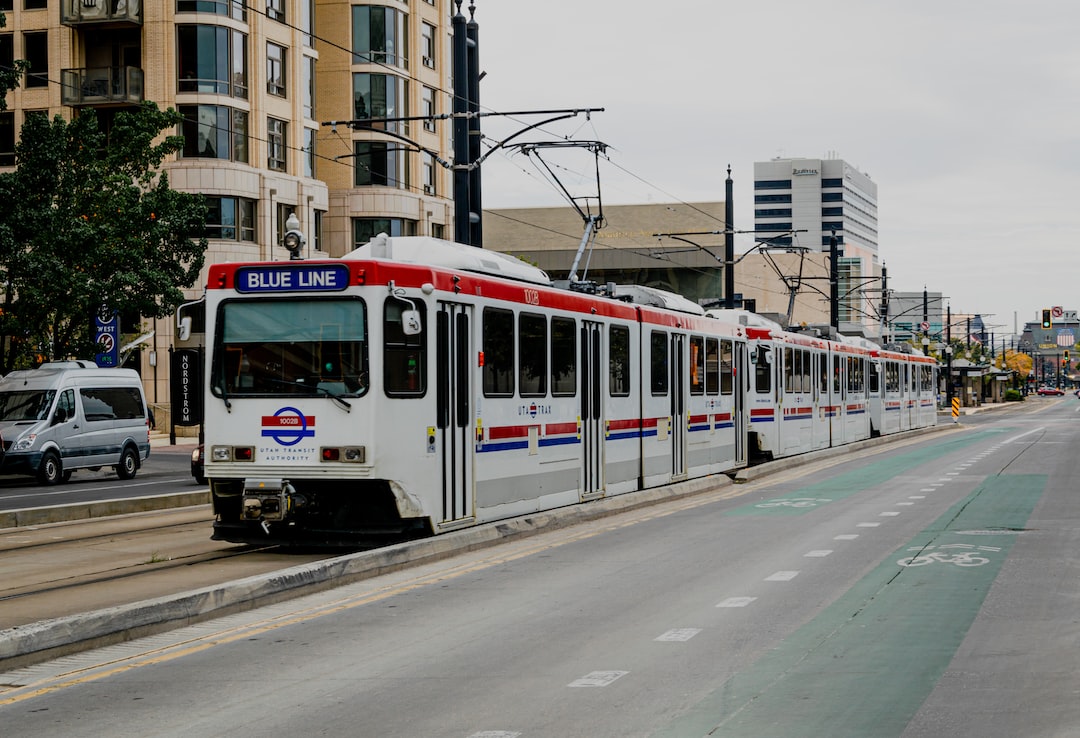With the average rent in Salt Lake City coming in at over $1000 a month, no one wants to pay more on a security deposit than they need to. Understanding the regulations surrounding security deposits is crucial to ensure compliance with local laws and maintaining a fair and transparent rental process.
Security deposits serve as a form of financial protection for landlords, helping cover potential damages or unpaid rent during a tenant's stay. Learn more about security deposits and how much you can charge for them in Salt Lake City below.
Maximum Security Deposits
In Salt Lake City, the maximum security deposit amount is one month's rent. Landlords cannot ask for any more than this amount, regardless of property features.
By making this a regulation, it protects the landlord's interests but keeps properties affordable. Capping the deposit to one month's rent ensures tenants don't have to worry about huge upfront costs.
Tenant Rights and Security Deposit Handling
Salt Lake City has specific laws about deposit handling to safeguard tenant rights. Landlords must follow these guidelines to maintain legal compliance:
Written Lease Agreement
Drafting a successful lease agreement keeps the landlord-tenant relationship professional. The agreement should be concise and offer information on deposits. The exact deposit amount should be clear and the purpose of that deposit needs to be outlined.
When both the tenant and the landlord know the deposit's purpose, they understand how it will be used. It also keeps both parties aware of violations that could result in the loss of the deposit.
A written agreement outlines how you want your rental property to be treated. You can use it for lease enforcement if there are any violations.
Deposit Protection
Utah law requires landlords to handle security deposits responsibly and protect tenants' interests. Landlords must place the security deposit in a separate account or post a surety bond with the state. The security deposit remains separate from the landlord's personal or business funds.
With the security deposit in a different account, there's no risk of the landlord mishandling it. Landlords show their commitment to their tenant's well-being by following this practice.
Deposit Return
At the end of the lease term, landlords are obligated to return the security deposit to the tenant. In Salt Lake City, landlords must return the deposit within 30 days of the tenant's move-out date. Of course, if there is anything to deduct, landlords should do this beforehand.
Any property inspections need to happen before the deposit is returned. Then deductions can get removed as necessary.
By adhering to this deadline, landlords show respect for their tenants' rights. It also clearly demonstrates their professionalism in managing the rental property.
Itemized Deductions
If you need to take money from a deposit, you'll need to tell tenants why this is happening. Providing an itemized, written statement can be helpful for clarity. It will show the tenant what the deductions are for and prove that they're fair.
A written statement will also help you if the tenant disputes any deductions. As long as you can show the reason and proof that the deducted amount was fair, you shouldn't run into any problems.
Security Deposits Are a Must
Always handle security deposits with care and professionalism. Only ever charge one month's rent maximum for a deposit, as this helps keep rental properties more accessible.
If you need to make deductions, ensure you explain to the tenant why. To learn more about rental and property management, contact Utah Property Solutions.


